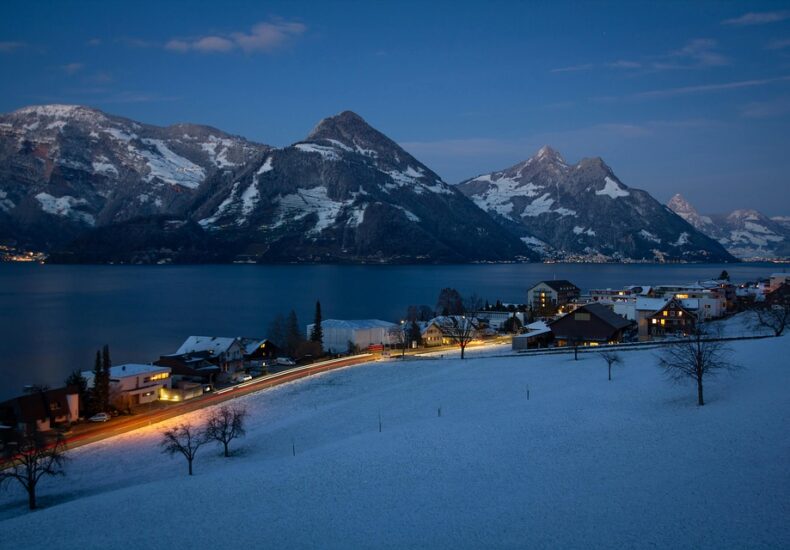
Navigating the Complexities of Kurdish Identity in a Globalized World
Navigating the Complexities of Kurdish Identity in a Globalized World
In a world that is becoming increasingly interconnected and globalized, the question of identity has become more complex for many people, including the Kurdish community. The Kurds are an ethnic group with a distinct culture, language, and history, spread across multiple countries in the Middle East. Despite being one of the largest ethnic groups without a state of their own, the Kurds have managed to maintain a strong sense of identity and cultural pride. However, the challenges of globalization have added new layers of complexity to their already nuanced identity.
The Roots of Kurdish Identity
The roots of Kurdish identity can be traced back to ancient times, when the Kurds inhabited a region known as Kurdistan, which spans parts of modern-day Turkey, Iraq, Iran, and Syria. The Kurds have their own language, Kurdish, which is a distinct Indo-European language with several dialects. They also have a rich cultural heritage, including traditional music, dance, and literature. Despite centuries of oppression and attempts to assimilate the Kurdish people into the dominant cultures of the region, the Kurds have managed to preserve their unique identity.
The Impact of Globalization
Globalization has brought both opportunities and challenges for the Kurds in terms of their identity. On one hand, advances in technology and communication have allowed Kurds around the world to connect with each other more easily and to share their culture and experiences with a global audience. The internet, social media, and satellite television have all played a role in promoting Kurdish identity and raising awareness about the Kurdish cause.
However, globalization has also brought with it new challenges for Kurdish identity. As the world becomes more interconnected, the boundaries between different cultures and identities become increasingly blurred. The spread of Western culture and values has had a homogenizing effect on many societies, including Kurdish society. Young Kurds growing up in a globalized world are often influenced by Western popular culture and may struggle to reconcile their Kurdish heritage with the pressures to assimilate to a more dominant culture.
Navigating Multiple Identities
For many Kurds, navigating the complexities of identity in a globalized world means balancing multiple layers of identity. On the one hand, they may identify strongly with their Kurdish heritage, language, and culture, and feel a deep sense of pride in their roots. On the other hand, they may also feel a connection to the country in which they were born or raised, and may assimilate to some extent to the dominant culture of that country. Additionally, many Kurds may also have a sense of belonging to the broader Muslim or Middle Eastern community, adding another layer to their identity.
Navigating these multiple identities can be a challenging and sometimes confusing process. Many Kurds may struggle to reconcile the different aspects of their identity and may feel torn between competing loyalties. They may face pressure to conform to the expectations of their family, community, or society, while also wanting to express their individuality and uniqueness. Finding a balance between these different identities is an ongoing process that requires self-reflection, self-acceptance, and an openness to new experiences and perspectives.
Preserving Kurdish Identity
Despite the challenges of globalization, many Kurds are committed to preserving their identity and culture for future generations. Efforts to promote and celebrate Kurdish language, music, dance, and literature are ongoing, both within Kurdish communities and on a broader international stage. Kurdish artists, writers, musicians, and activists are using their talents and platforms to raise awareness about Kurdish culture and history and to challenge stereotypes and misconceptions about the Kurdish people.
At the same time, many Kurds are also working to build bridges with other communities and to promote dialogue and understanding between different cultures. By reaching out to people from different backgrounds and engaging in respectful and open-minded discussions, Kurds can help to break down barriers and stereotypes and foster a sense of shared humanity. Building connections with other marginalized or oppressed groups can also help Kurds to amplify their voices and advocate for their rights on a global scale.
In conclusion, navigating the complexities of Kurdish identity in a globalized world is a multi-faceted and ongoing process. The Kurds face challenges in preserving their unique heritage and culture while also adapting to the changing dynamics of a globalized society. By embracing their Kurdish heritage, connecting with other communities, and promoting dialogue and understanding, Kurds can continue to navigate their identity in a way that is authentic, inclusive, and resilient.
Leave a Reply